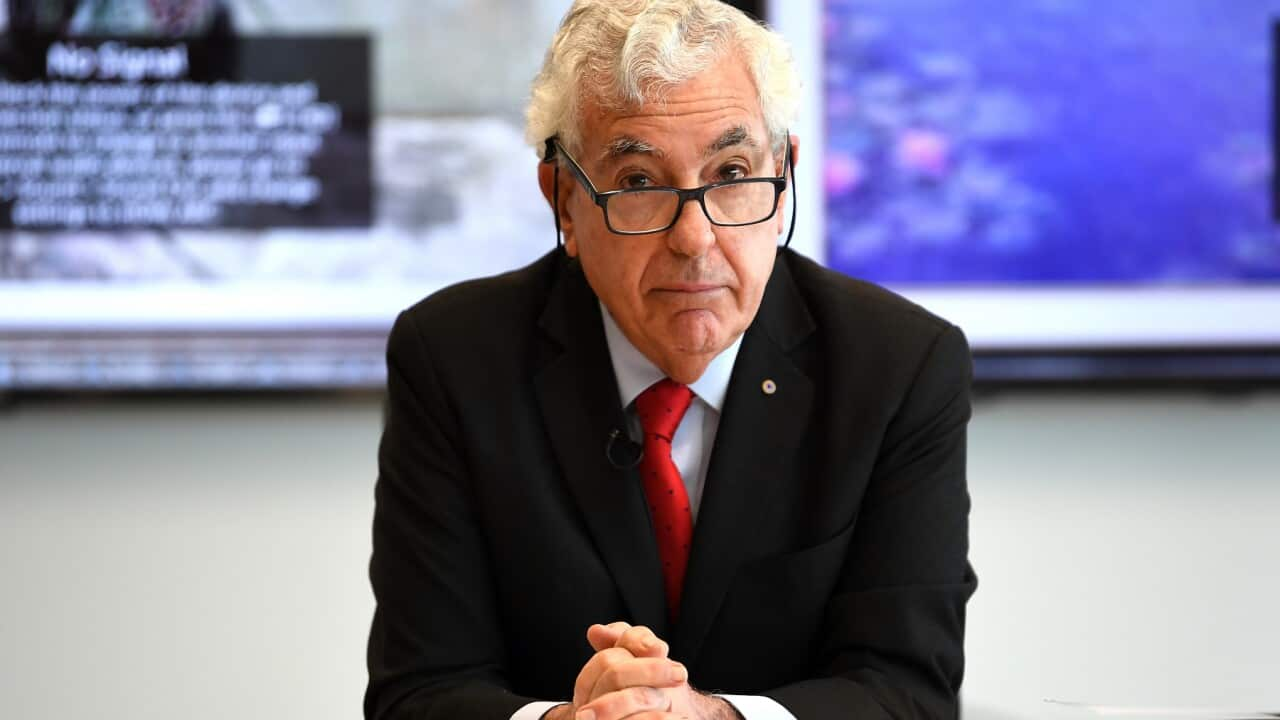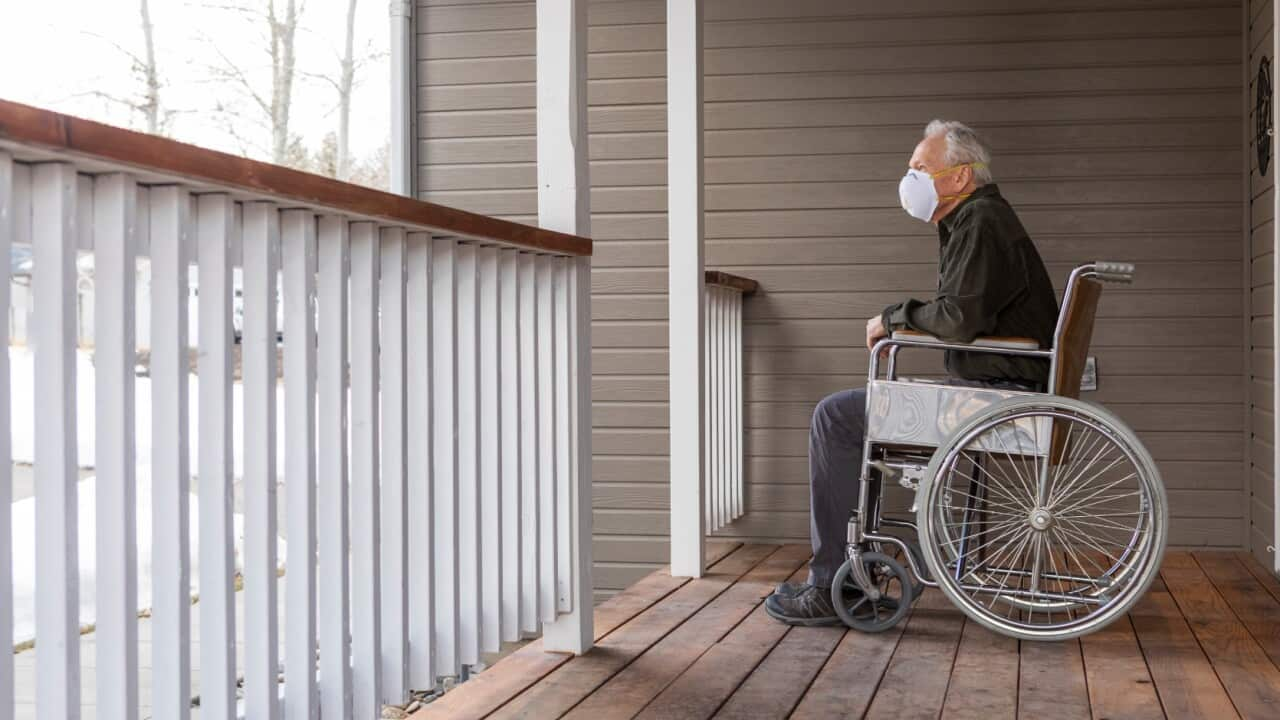This article contains references to domestic violence, sexual assault and abuse.
Women and girls with disability are far more likely to suffer physical and sexual abuse but are frequently disbelieved when they ask for help to stop it, the disability royal commission has been told.
The long-running inquiry has resumed public hearings and is delving into the confronting issue of the abuse of women and girls with all forms of disability, in all settings, including foster and respite care, special schools, and group homes.
Senior counsel assisting the commission Kate Eastman SC provided a sobering summary of submissions detailing the prevalence of the problem, its devastating consequences, and the denial of rights to women and girls with disability.
"Women with disability make up around 20 per cent of the total Australian population but they are nearly half of all domestic violence victim-survivors," she said on Wednesday.
"Women with disability have told the royal commission they have experienced severe physical and sexual abuse, as well as financial abuse, at the hands of a spouse.
"Women and girls have documented their experiences of coercive control by families, parents, guardians, including guardians who socially and geographically isolate and financially exploit women in their care."
Ms Eastman said women who'd spent time in group homes had shared terrible stories of asking for help but not being believed.
"Some women with disability have been labelled as trouble makers or as aggressive when they've sought to complain about the abuse," she told the commissioners.
"In one submission, a woman with disability told you she was assaulted by a fellow resident but left with no choice but to continue living with the perpetrator when the managers of the group home did not believe her, and refused to take any action."
Women have also shared their distrust of police for "not pursuing charges, particularly where a victim of violence and abuse is described as quote, non-verbal," Ms Eastman said.
Thelma Schwartz, the principal legal officer at the Queensland Indigenous Family Violence Legal Service, detailed the experience of a deaf woman who was a victim of domestic violence but wound up being charged herself.
The victim, who relied on hand signals to communicate, had asked someone else to call the police on her behalf.
When officers arrived they quickly formed the view that she was the offender without involving an interpreter.
"They, in their wisdom, assessed that she was actually the perpetrator of that violence given that he (the male perpetrator) was able to speak to police calmly," Ms Schwartz said.
"They've then laid criminal charges against her."
Ms Eastman said the removal of children was another dominant theme in submissions to the inquiry.
"Women with disability have described the impacts on their lives of being removed from their parents as children and placed in foster care, of experiencing violence at the hands of foster parents, and again not being believed," she said.
"Submissions speak to the intergenerational nature of child removal, where girls with disability who were removed from their families are later faced either with the threat or the reality of having their own children removed when they become mothers."
The hearing was also told of the barriers mothers with disability can face in trying to navigate child custody proceedings, including but not limited to understanding the paperwork relating to those legal cases.
The denial of basic human rights was another key theme with submissions dealing with sterilisation, abortion, menstrual suppression, and women with disability being perceived as "infantile and asexual", and undeserving of intimate relationships.
"A woman with disability described becoming pregnant, and then giving up her baby for adoption only to be told her doctor that a later request for birth control could only be approved by her parents," Ms Eastman told the commission.
The hearings continue on Wednesday and Thursday.
They will be followed early next year with personal accounts of people with disability who identify as LGBTQI+ and those accounts will be given in private.
If you or someone you know is impacted by family and domestic violence or sexual assault, call 1800RESPECT on 1800 737 732 or visit . In an emergency, call 000.
Anyone seeking information or support relating to sexual abuse can contact Bravehearts on 1800 272 831 or Blue Knot on 1300 657 380.




